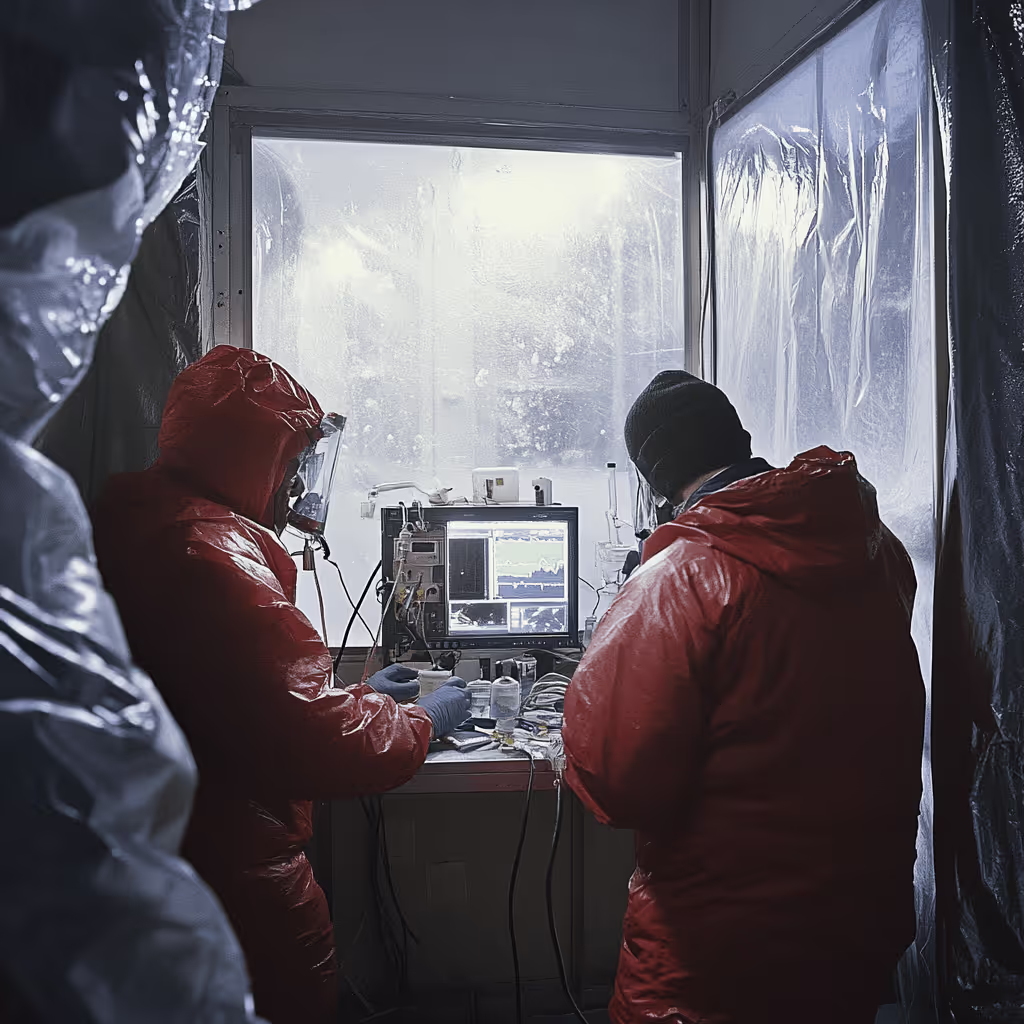February 13, 2025

Healthcare practitioners in Antarctica play a crucial role in supporting scientists, engineers, and expedition teams working in one of the most extreme environments on Earth. Medical personnel must be highly adaptable, providing comprehensive care in remote, resource-limited conditions. The role offers a unique professional challenge, adventure, and the opportunity to contribute to medical research in extreme environments.
Working in the South Pole presents severe challenges, including extreme cold, isolation, and limited medical resources. Evacuations are nearly impossible during the winter months, requiring healthcare professionals to be self-sufficient in handling medical emergencies, from trauma to infectious diseases. Psychological stress is another factor, as practitioners and their patients endure months of isolation in confined living spaces.
Antarctica’s medical facilities are basic but functional, equipped to handle minor surgeries, dental care, and emergency stabilization. Healthcare practitioners often operate as solo providers or within small teams, requiring broad medical knowledge, including general medicine, emergency care, and mental health support. Advanced medical procedures or specialized care are limited, making preventive health strategies essential.
Healthcare practitioners rely on telemedicine consultations with specialists worldwide for guidance on complex cases. Strong teamwork, psychological resilience, and adaptability are vital to thriving in such an isolated environment. Medical professionals also engage in ongoing training and simulations to prepare for the unpredictability of Antarctic medicine.
As scientific missions in Antarctica expand, medical infrastructure and telemedicine capabilities will continue to evolve. Future advancements may include AI-assisted diagnostics, improved emergency evacuation strategies, and enhanced mental health support for those working in extreme conditions.
Join our weekly digest and be the first one to know about new articles.